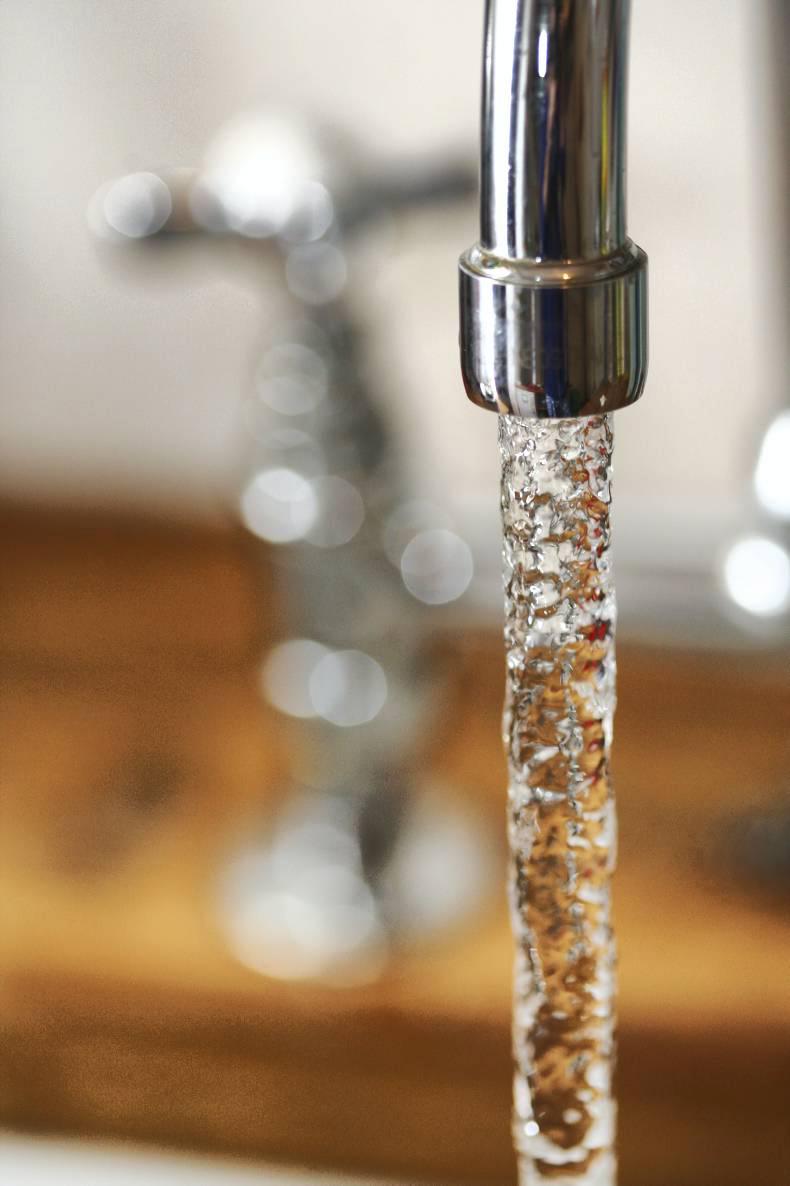The biggest issue inhibiting the formation of a government last weekend appeared to be Irish Water and how to pay for it. But, in opinion polls prior to the election, water did not feature in the list of issues most important to voters. For example, a Red C poll for the Irish Sun on 18 February identified the six most important issues as the economy/jobs, the health service, crime, flood prevention, housing and political reform in that order.
Water got barely a mention in several other pre-election polls designed to elicit the voters’ key concerns. How did the politicians get hung up on an issue which does not appear to have been decisive for the electorate?
To understand what has happened, it is necessary to go back to the Dublin South West by-election, held in October 2014 to choose a replacement for the Fine Gael TD Brian Hayes, who had been elected to the European Parliament. The winner was Paul Murphy of the Anti-Austerity Alliance who had been prominent in the street protests against household water charges.
Sinn Féin was disappointed to come second and responded by dropping its tolerance for water charges. This, in turn, provoked a response from Fianna Fáil and included a promise to defer household charges for five years among 41 commitments in its general election manifesto. Most of the deputies elected are (now) opposed to water charges. Fianna Fáil has also been arguing for the abolition of Irish Water and its replacement with some alternative organisational structure. But no candidate stood on the single issue of water and the election was not a water referendum.
Sean Lemass, who served as Taoiseach back in the 1960s, advised once that ‘‘Election promises are void once the new Dáil resumes’’. They were also few and far between in those days. In the intervening decades, election promises have become far more numerous and detailed, and also, in the eyes of the media, unconditional. If you promise something, even if you win far too few seats to form a government, you will be reminded unrelentingly that you must keep your promises. In the case of Fianna Fáil, it was not even proposing to participate as a government member, but would not agree to support a minority government from the opposition benches unless their manifesto commitments on water were adopted. Or so it would appear from the press reporting.
There were doubtless other issues of importance but the impression created in the public mind is that another election was brought closer because Fine Gael and Fianna Fáil could not agree about water.
Pre-election promises have become very detailed, more specific and more or less unconditional, even though Ireland has not had a single-party government for almost 40 years and may not have one again for the foreseeable future.
With 158 TDs in the Dáil, a party would need 81 or 82 deputies to form a stable government on its own. Fianna Fáil did not even stand that many candidates and Fine Gael, the largest party, came up well short with 50 seats.
It was clear from the opinion polls that no party would win an overall majority. Accordingly, no party could credibly make unconditional manifesto commitments about anything.
After the election, whatever government was formed would have to fashion a policy programme, which could not contain every commitment of any one party. Each party knew this before the election and the voters knew it too.
The viability of election promises is also undermined by the (relatively recent) insistence by the media, not just that they be made, but that they must then be kept, regardless of circumstances.
The political parties seem afraid to say ‘‘we have no unconditional commitments to offer’’, since they will be accused of lacking policy ideas.
So they outline lots of commitments and neglect to warn that they may have to be sacrificed in political agreements with others, or simply not be affordable, since circumstances change. It is no longer acceptable to say ‘‘we wished to do what we promised, but we could not deliver for good reasons’’. In a voting system which encourages the fracturing of Dáil representation through ever-greater success for mini-parties and independents, the main parties will always be out-promised.
For candidates with no intention of assuming office, there is no constraint on what can be offered.
All of this has been happening against a background of widespread public cynicism about politics, politicians and specifically about the credibility of pre-election promises.
The Big Promise of the February election came from Fine Gael, the complete abolition of the universal social charge at a cost of €4bn. It was not exactly a vote-winner.
Detailed pre-election promises are no longer credible, nor are they conducive to good economic management.






 This is a subscriber-only article
This is a subscriber-only article










SHARING OPTIONS: